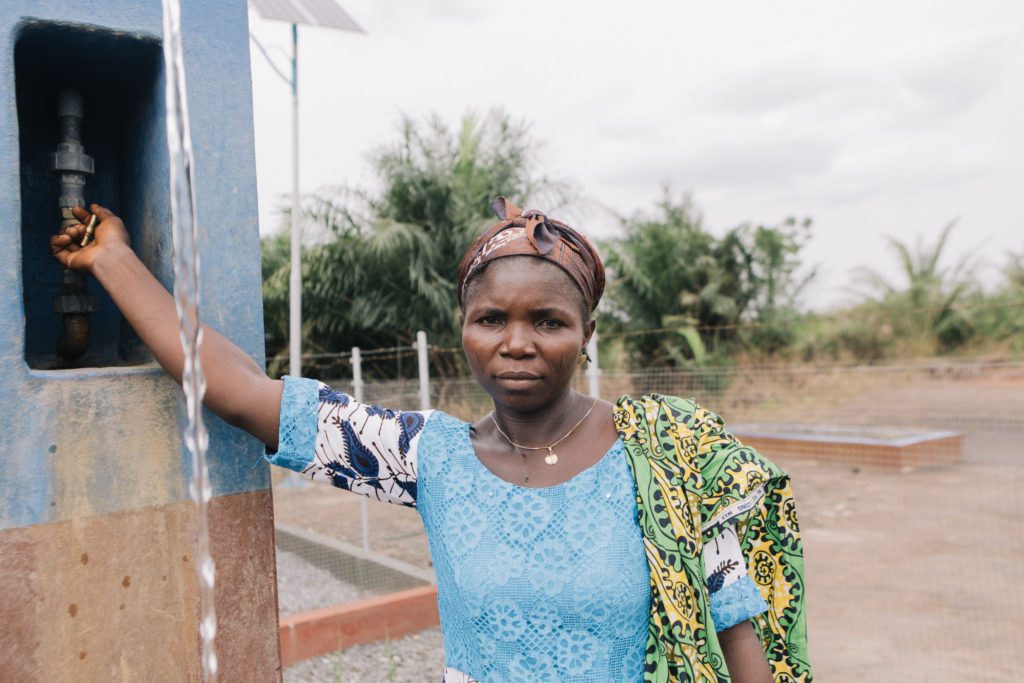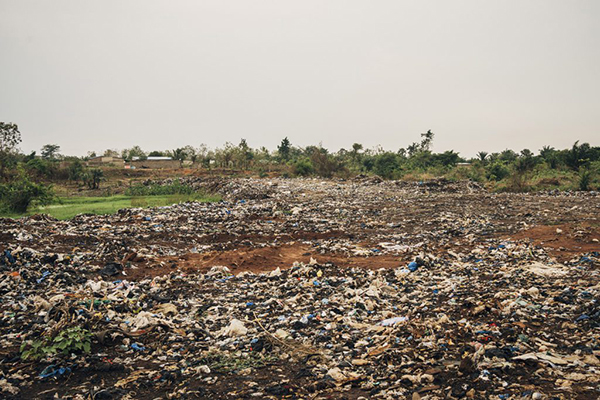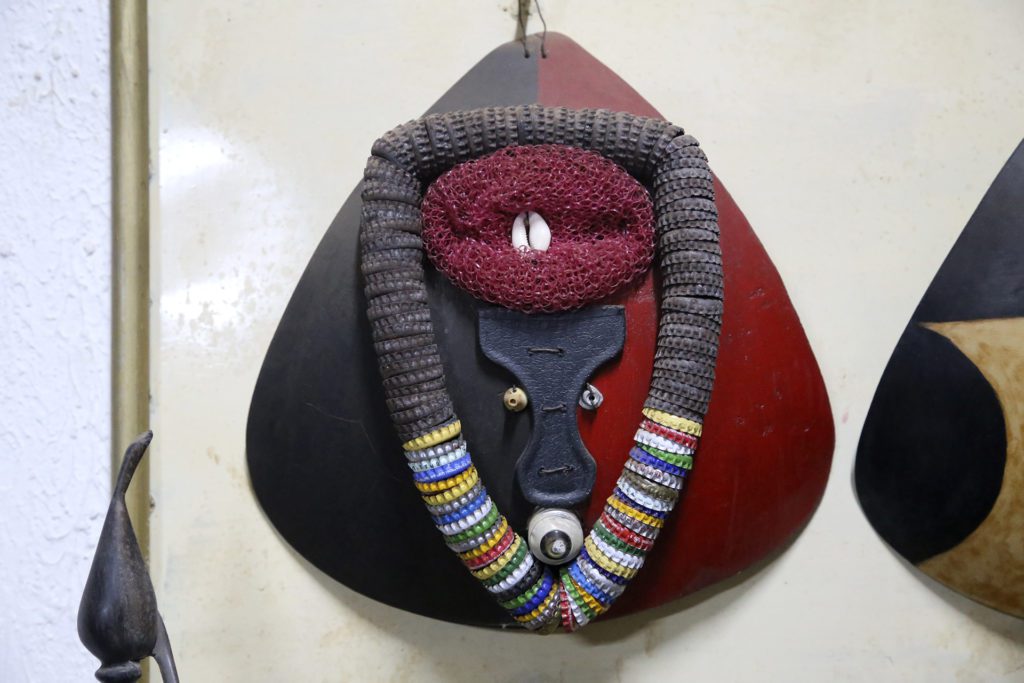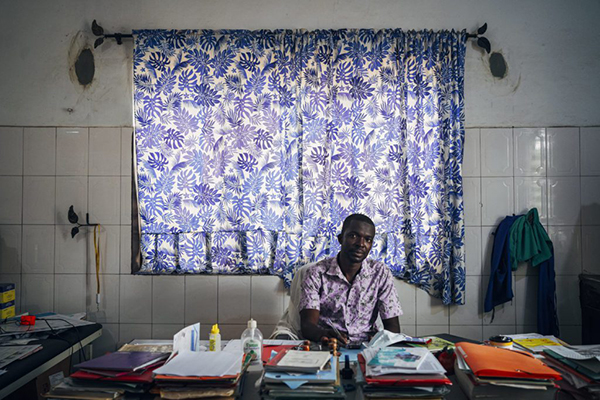At World Water Day 2022 we highlight the value of underground waters as an inexhaustible source of wellbeing and development. These waters are used by countless rural communities to supply their peoples with high-quality clean water. Thanks to these waters millions of deaths from infectious diseases associated with unhealthy water are avoided every year.
Imagine for a moment that there is no tap in your house, or no system of piped water to drink, cook, or wash. This situation seems like something out of the past, but in the majority of households in developing countries it is a reality. According to UNICEF, 26% of the world population does not have a safe source of drinking water. This leaves them exposed to diarrhoeal and infectious diseases that debilitate their wellbeing and development. One of the solutions to this vital problem can be found underground.
Underground water, healthy water
This year at World Water Day, held on 22 March, we are focussing on underground waters, which although invisible can transform the lives of the communities that use them. And the fact is that these waters hide in aquifers, which are rock, sand, and gravel formations containing significant quantities of high-quality drinking water. If we can access these reservoirs and channel them, we can supply many populations with safe water to drink, wash, and grow food.
In Togo, for example, together with the Ministry of Water and Sanitation, we implemented a strategy in rural communities to avoid infections caused by unwise consumption of unhealthy water. Sadly, only 20% of the Togolese population has access to a supply of drinking water. In rural populations, this percentage is even lower. A large proportion of the population still lives more than 5 km from an access point for drinking water. Therefore, many people still extract water to drink from ponds or rivers, and even rainwater from puddles.
Sustainable water wells for the whole community
In the rural community of Kpeho, in the Maritime Region of Togo, life has improved since we installed a well in 2020. Manakou, Yawo, and Adele, resident in Kpeho, have set up the Water Committee which takes care of maintaining the tank, which works with photovoltaic energy. ‘We organize ourselves to administer a savings account which we use to maintain the well’, says Manakou, who chairs the committee. Everyone who uses the well pays 10 CFA francs (0.015 euros) to fill a 25-litre drum. ‘Now the water is very high quality and there is no diarrhoea or disease’, says Manakou.
In Kpeho, underground water rises up to improve the health of the entire community. A valuable asset which even today millions of people cannot access.






